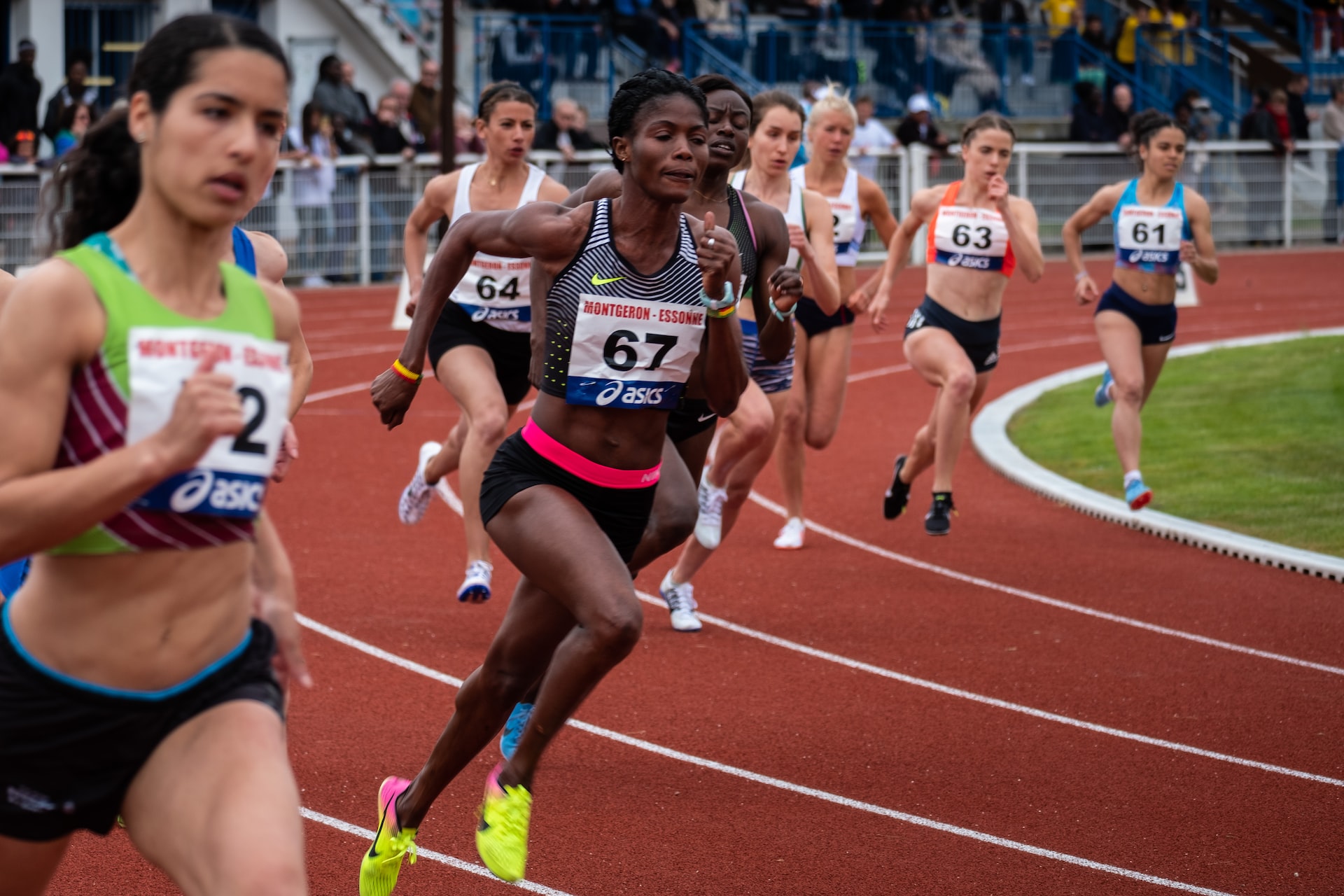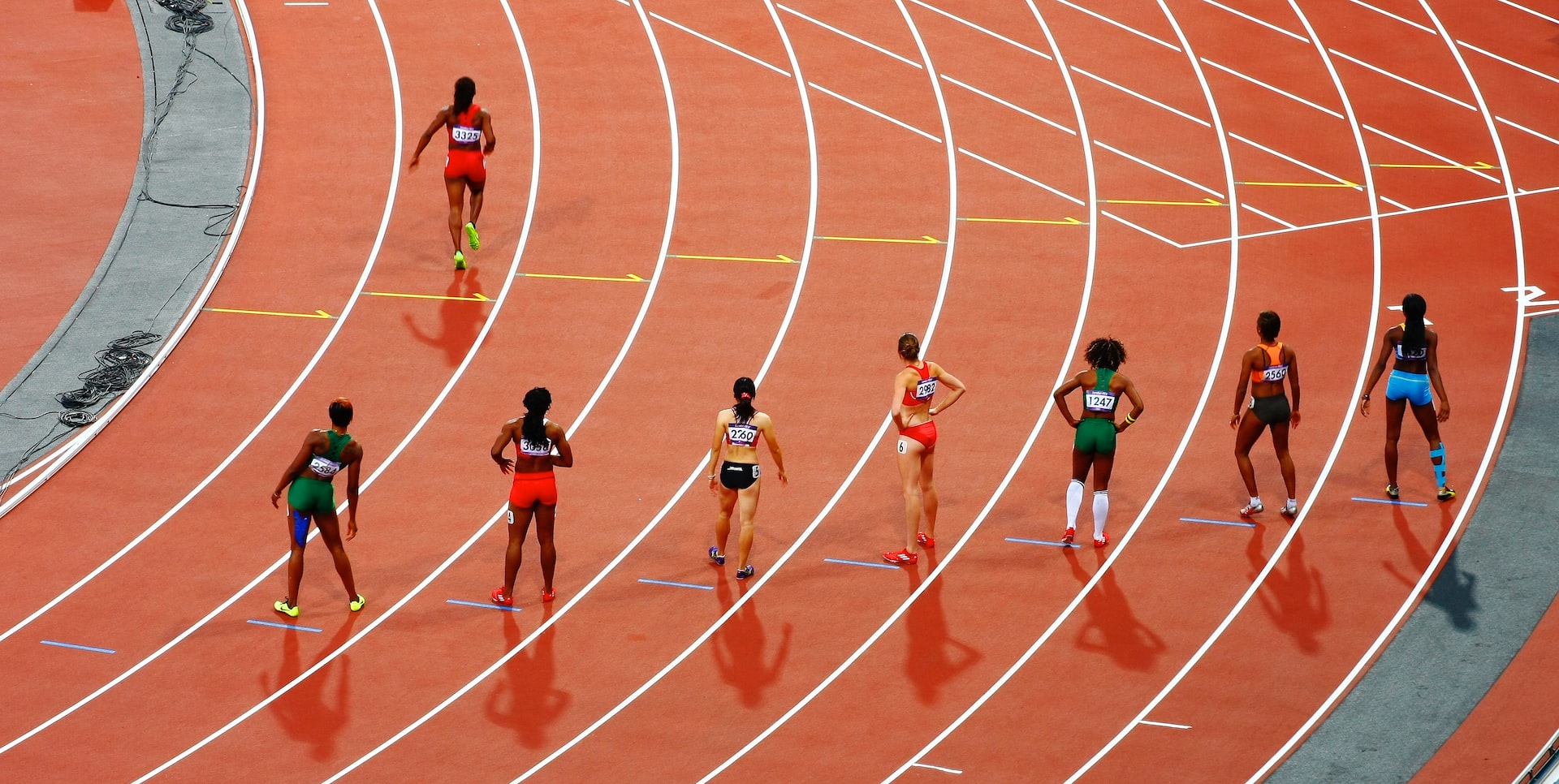Welcome to the world of half marathon training, where every step you take gets you closer to a life-changing experience. Whether you are a seasoned runner or a newbie to the sport, the challenge of completing 13.1 miles can be both thrilling and daunting. But don’t worry. With the right mindset, motivation, and a well-designed training plan, you can conquer this challenge and emerge on the other side with a deep sense of pride and accomplishment. In this article, we’ll explore some tried-and-true strategies to help you prepare for your first half marathon and make it an unforgettable journey.
Set realistic goals
Before you start training, it’s important to set realistic goals for yourself. This means taking into consideration your current fitness level, time commitment, and any other factors that may affect your ability to train. Setting unrealistic goals can lead to disappointment and burnout, so it’s important, to be honest with yourself and set achievable goals. For example, if you’re new to running, it may be unrealistic to aim for a sub-two-hour half marathon. Instead, aim to finish the race within a certain time frame or simply focus on finishing strong.
Create a training plan
Once you’ve set your goals, it’s time to create a training plan. A good training plan in athletics will gradually increase your mileage and intensity over a period of several weeks or months. There are many training plans available online, but it’s important to choose one that fits your goals and schedule. Some plans may require you to run five or six days a week, while others may only require three or four. Choose a plan that you can realistically stick to and adjust it as needed based on your progress.
Invest in the right gear
Running a half marathon requires a lot of physical exertion, so it’s important to invest in the right gear to make your training and race day as comfortable as possible. Good running shoes are essential, as they will provide support and cushioning to help prevent injury. It’s also important to invest in moisture-wicking clothing to keep you cool and dry during long runs. Other essential gear may include a hydration belt or pack, a GPS watch to track your mileage and pace, and comfortable socks.
Fuel your body
Training for a half marathon requires a lot of energy, so it’s important to fuel your body with the right nutrients. This means eating a balanced diet that includes plenty of fruits, vegetables, lean protein, and complex carbohydrates. It’s also important to stay hydrated by drinking plenty of water throughout the day and during your runs. Some runners may also benefit from using energy gels or sports drinks during long runs to help maintain energy levels.
Cross-train
While running is the most important part of your training plan, it’s also important to incorporate cross-training into your routine. This can include activities such as cycling, swimming, or yoga. Cross-training helps to prevent injury by strengthening different muscle groups and can also help prevent boredom by providing variety in your routine.
Listen to your body
Training for a half marathon can be physically and mentally demanding, so listening to your body and resting when needed is important. If you feel pain or discomfort during a run, stop and assess the situation. It may be necessary to take a day or two off to recover before resuming training. It’s also important to get enough sleep each night and to take rest days to allow your body to recover.
Stay motivated
Training for a half marathon can be a long and challenging process, so it’s important to stay motivated throughout. This may mean finding a running partner or joining a running group to help keep you accountable and motivated. You can also set smaller goals along the way, such as completing a certain distance or improving your pace. Remember to celebrate your accomplishments and be proud of the progress you’ve made.
Conclusion
In conclusion, training for your first half marathon requires dedication, hard work, and a positive mindset. By setting realistic goals, creating a training plan, investing in the right gear, fueling your body with the right nutrients, incorporating cross-training into your routine, listening to your body, and staying motivated, you can successfully complete your first half marathon with a huge sense of accomplishment. Remember to enjoy the journey and celebrate your progress along the way. Good luck with your training and race day!















